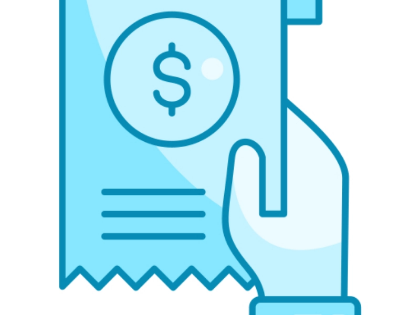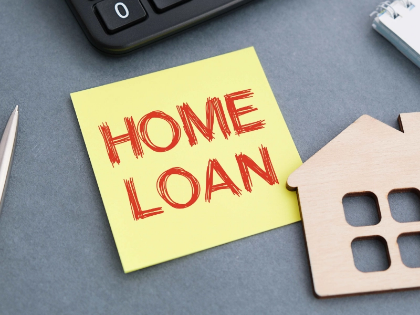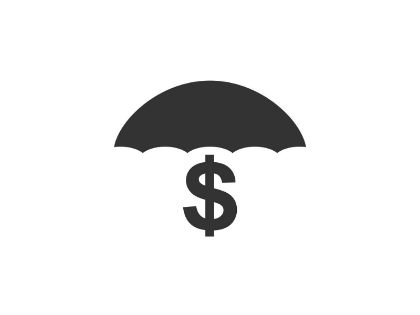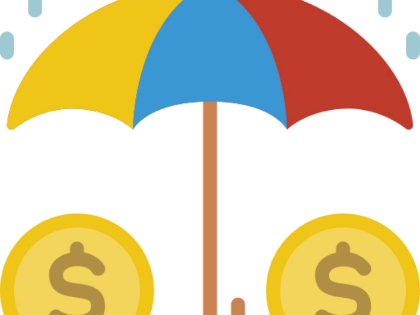How Mortgages Can Make Homeownership Affordable
Although many people have the desire to own a home, not everyone is able to pay for one completely. Thankfully, most buyers can become homeowners thanks to financing. The affordability of your loan will be significantly influenced by the kind of mortgage you select. Here are a few things to think about:.
Initial Payment
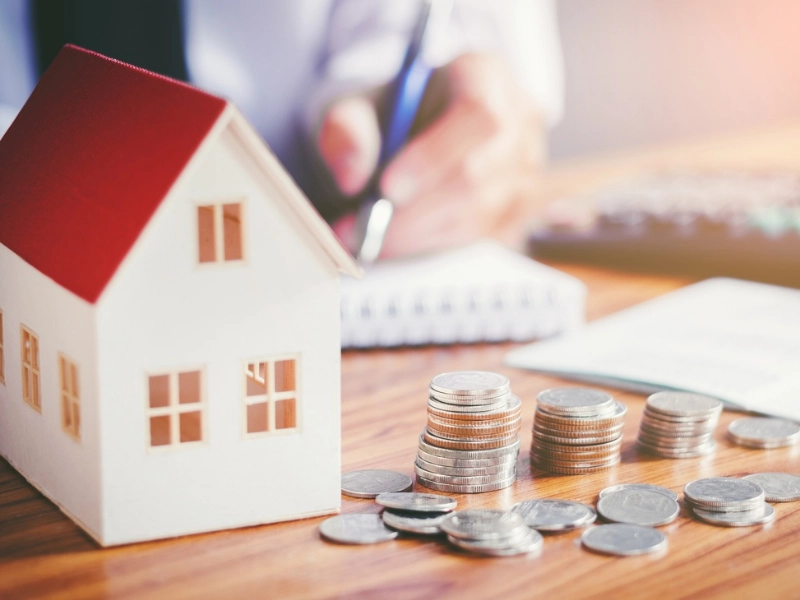
Every Month Invoice
 Mortgages come in a wide variety of forms, each with its own interest rates and lending terms. Making the appropriate choice can help you afford homeownership.
In addition, there could be other monthly expenses like homeowner's insurance and property taxes related to house ownership. Lenders utilize these in the payment, interest, taxes, and insurance (PITI) calculation to figure out how much you can afford.
If more small-dollar mortgage loans are made available, it will be more reasonable for rent-burdened families to become homeowners and enjoy the advantages of wealth-building that come with property ownership. The Making Homes Affordable program, for example, gives homeowners a variety of alternatives to adjust their mortgage, shorten the loan's duration, or even leave their property through a short sale or deed-in-lieu of foreclosure. A number of federal programs are available to help with this exact goal. More details regarding the mortgage choices that are available in your area can be obtained from these programs, as well as from nearby housing finance groups and other community organizations.
Mortgages come in a wide variety of forms, each with its own interest rates and lending terms. Making the appropriate choice can help you afford homeownership.
In addition, there could be other monthly expenses like homeowner's insurance and property taxes related to house ownership. Lenders utilize these in the payment, interest, taxes, and insurance (PITI) calculation to figure out how much you can afford.
If more small-dollar mortgage loans are made available, it will be more reasonable for rent-burdened families to become homeowners and enjoy the advantages of wealth-building that come with property ownership. The Making Homes Affordable program, for example, gives homeowners a variety of alternatives to adjust their mortgage, shorten the loan's duration, or even leave their property through a short sale or deed-in-lieu of foreclosure. A number of federal programs are available to help with this exact goal. More details regarding the mortgage choices that are available in your area can be obtained from these programs, as well as from nearby housing finance groups and other community organizations.
Rate of Interest
 The mortgage interest rate, which is subject to frequent changes, will determine how much you have to pay to borrow the principal amount of your house loan. Many wait to buy until they are certain they can afford the monthly user fees (principal, interest, taxes, and insurance) because a seemingly small increase in mortgage rates can significantly increase the costs associated with homeownership.
Lenders of mortgages determine rates by evaluating potential risks. The economy and inflation are two things that can affect risk. Mortgage rates are also influenced by the monetary policy of the Federal Reserve, which aims to control inflation and promote economic growth.
Buying a home is more inexpensive when loan rates are low. This raises the demand for real estate, which may ultimately cause prices to rise. But the manner in which different housing markets react to interest rates varies. The rates in some places are either greater or lower than the national average. Additionally, the rates and down payment requirements for other loan types vary.
The mortgage interest rate, which is subject to frequent changes, will determine how much you have to pay to borrow the principal amount of your house loan. Many wait to buy until they are certain they can afford the monthly user fees (principal, interest, taxes, and insurance) because a seemingly small increase in mortgage rates can significantly increase the costs associated with homeownership.
Lenders of mortgages determine rates by evaluating potential risks. The economy and inflation are two things that can affect risk. Mortgage rates are also influenced by the monetary policy of the Federal Reserve, which aims to control inflation and promote economic growth.
Buying a home is more inexpensive when loan rates are low. This raises the demand for real estate, which may ultimately cause prices to rise. But the manner in which different housing markets react to interest rates varies. The rates in some places are either greater or lower than the national average. Additionally, the rates and down payment requirements for other loan types vary.
Taxes
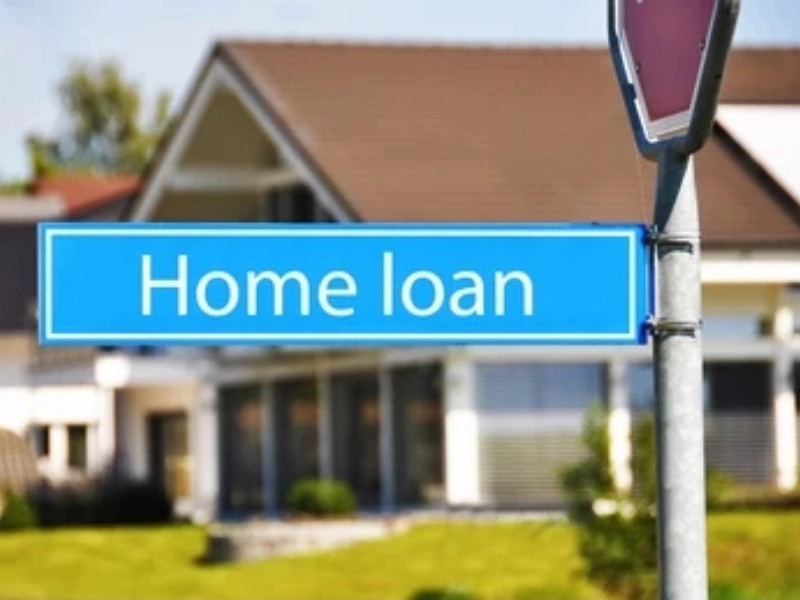 One of the continuous costs of being a homeowner is upkeep for your home or apartment. These expenses will come up, for instance, if your roof needs to be repaired or your heating system breaks. Owning a property might become costly due to these recurring expenses, particularly for low-income people.
The affordability of homeownership is influenced by a number of variables, such as employment prospects, income growth, and economic conditions. Additionally, limiting a household's housing alternatives and financial flexibility is a high debt-to-income ratio.
The affordability of homeownership is also impacted by government laws, such as those that allow property taxes and mortgage interest to be written off on federal income tax returns. The time pattern of these deductions pushes housing costs into later ages, when households have less purchasing power. They may also drive up the cost of real estate, making it harder for many families to find affordable solutions. Due to these tax adjustments, owning a home may appear more expensive than renting. Other tax laws, however, can solve these problems and lower the price of homeownership.
One of the continuous costs of being a homeowner is upkeep for your home or apartment. These expenses will come up, for instance, if your roof needs to be repaired or your heating system breaks. Owning a property might become costly due to these recurring expenses, particularly for low-income people.
The affordability of homeownership is influenced by a number of variables, such as employment prospects, income growth, and economic conditions. Additionally, limiting a household's housing alternatives and financial flexibility is a high debt-to-income ratio.
The affordability of homeownership is also impacted by government laws, such as those that allow property taxes and mortgage interest to be written off on federal income tax returns. The time pattern of these deductions pushes housing costs into later ages, when households have less purchasing power. They may also drive up the cost of real estate, making it harder for many families to find affordable solutions. Due to these tax adjustments, owning a home may appear more expensive than renting. Other tax laws, however, can solve these problems and lower the price of homeownership.


